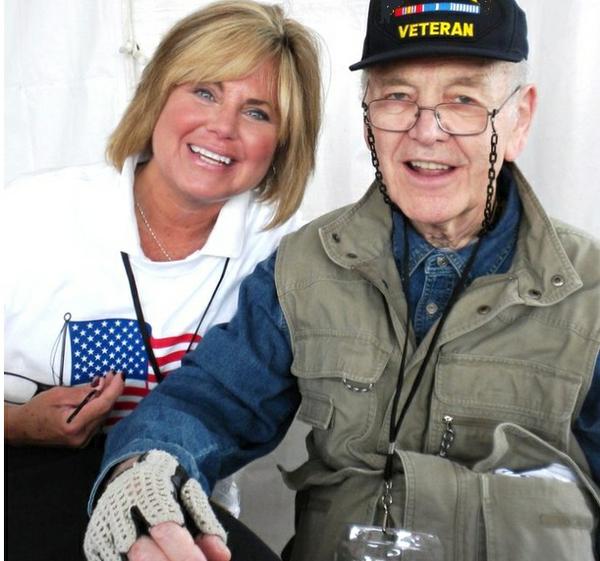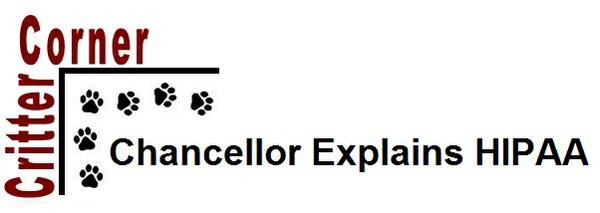Ask the Expert- When Dad is Resistant About Assisted Living
Published: Fri, 04/05/13
|
|
|
 | |
|
Ask the Expert- Your Elder Law Questions Answered by Evan H. Farr, CELA |
|
Ask the Expert- When Dad is Resistant
About Assisted Living
 Q: I have a 75 year old father who lives alone in his home. He doesn't have an in-home caregiver, but has lots of friends and family who check in on him regularly. Since he served during the Vietnam War, he has had flashbacks that still affect him and keep him up at night. He suffered at least one stroke in the last 5 years, has trouble walking, seeing, and hearing things, left the stove on recently and sometimes forgets to take his medication.
I think he would do so much better if he moved to an assisted living community. Plus I wouldn't worry as much knowing that he had appropriate care and supervision. The problem is he's resistant to the thought of this change. How do I talk to him? A: The decision to help your father move out of his current home is a complex one -- both emotionally and practically.
If he is showing signs that living alone is a strain, it may be time for a talk. Before having the talk, be prepared for the psychological roadblocks you're likely to hit when you broach the subject. The following tips will help make the conversation more productive, and maybe even pleasant:
If, on the other hand, your father has a full life, a close neighborhood and community connections, and seems to be thriving, it's worth exploring as many in-home care options as possible before raising stress levels by pressing a move from a beloved home. We here at The Fairfax Elder Law Firm of Evan H. Farr, P.C. hope you and your father talk and listen to one another and come to a resolution that works best for his happiness and well-being, and your concerns about his living alone and being able to take care of himself.
Whether the outcome is in-home care or assisted living, we suggest that you plan ahead in the event nursing home care is needed in the future. Life Care Planning and Medicaid Asset Protection is the process of protecting assets from having to be spent down in connection with entry into a nursing home, while also helping ensure that you or your loved one get the best possible care and maintain the highest possible quality of life, whether at home, in an assisted living facility, or in a nursing home. The Fairfax Elder Law Firm of Evan H. Farr, P.C. has also recommended to clients like your father that he may be eligible for the Veterans Aid and Attendance Benefit, but may also need Medicaid for nursing home care in the future. To be eligible for the Veterans Aid and Attendance Benefit, beneficiaries must be at least 65 years old (or totally disabled), veterans or married to veterans who served during a wartime period, and must have been not dishonorably discharged. Applicants must also need help with at least one activity of daily living: eating, walking, dressing, bathing, using the toilet, or adjusting prosthetic devices. Those who live in nursing homes or require in-home care, or are blind, may also be eligible. Please call 703-691-1888 to make an appointment for a no-cost consultation. 
Dear Chancellor,
I had my first visit at a new doctor's office and they gave me a lot of forms to complete. The information on one of them referred to something that sounded like "hippo". My hands were tired by the time I got to it and I was beginning to think my healthcare provider hated trees or something. What is this information all about and why did they ask me read to sign it? Hans R. Tired -----  Dear Hans,
Rest assured that your healthcare provider probably does not hate trees but is complying with a federal requirement known as The Health Insurance Portability and Accountability Act (HIPAA). HIPAA is a federal law that, among other things, requires healthcare providers to take steps to ensure the confidentiality and security of protected health information when it is transferred, received, handled, or shared. This means that hospitals and other healthcare providers are required under HIPAA to limit who has access to your confidential healthcare information including limiting access to loved ones. A HIPAA Authorization form enables certain trusted family and friends to have access to your medical records and health information when you are injured. These records are typically used to help prove whether you are capable to make health care and financial decisions on your own. Some medical providers have refused to release information, even to spouses and adult children authorized by durable medical powers of attorney, on the grounds that the 1996 Health Insurance Portability and Accountability Act, or HIPAA, prohibits such releases. At The Fairfax Elder Law Firm of Evan H. Farr, clients always sign a HIPAA Authorization as part of their incapacity planning that allows the release of medical information to your Agents, your Successor Trustees, your family and other people whom you designate. Nearly 22 percent of the U.S. population (65 million Americans) are disabled, and many haven't signed the HIPAA Authorization or the other Incapacity Planning documents needed to protect their loved ones, so everyone should have a plan in place. Call The Fairfax Elder Law Firm of Evan H. Farr, P.C. at 703-691-1888 to make an appointment for a no-cost consultation. Chancellor's Bio: Chancellor is a cuddly, smiley Westie with lots of Westitude and is the beloved canine belonging to Evan and Jeannie Farr. Chancellor used to entertain our clients at the Farr Law Firm regularly, but is now blind in one eye and prefers to stay at home chasing squirrels all day. Now, Chancellor has a question for you: What will happen to your pet(s) in the event of unexpected circumstances, like death or disability? Who can you trust to be responsible for caring for your pet(s), providing food (including doggie treats), daily routines, grooming, medical care, and more. To our mom and dad, we are like their children, so she has a Pet Trust set up that ensures that we will be cared for according to her wishes, should something unthinkable happen to her. At the Law Firm of Evan H. Farr, P.C., you can create a Pet Trust to make certain that your beloved pet receives proper care in the event of your disability or death. |
| ||||||||
|
|
Unsubscribe to this Newsletter |








